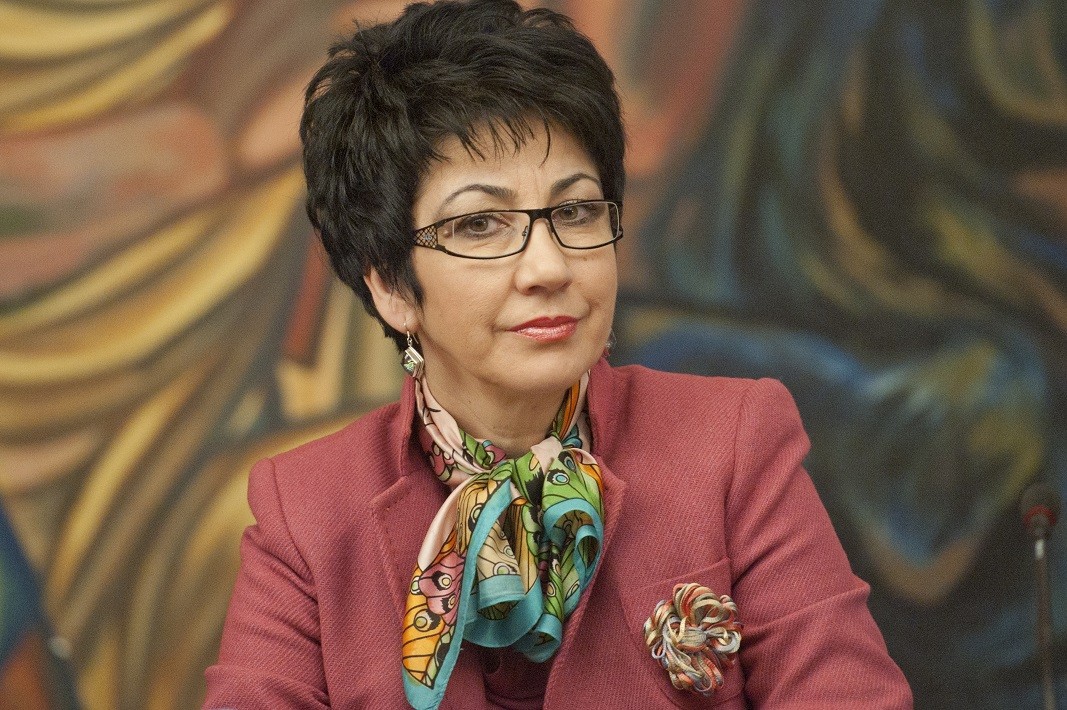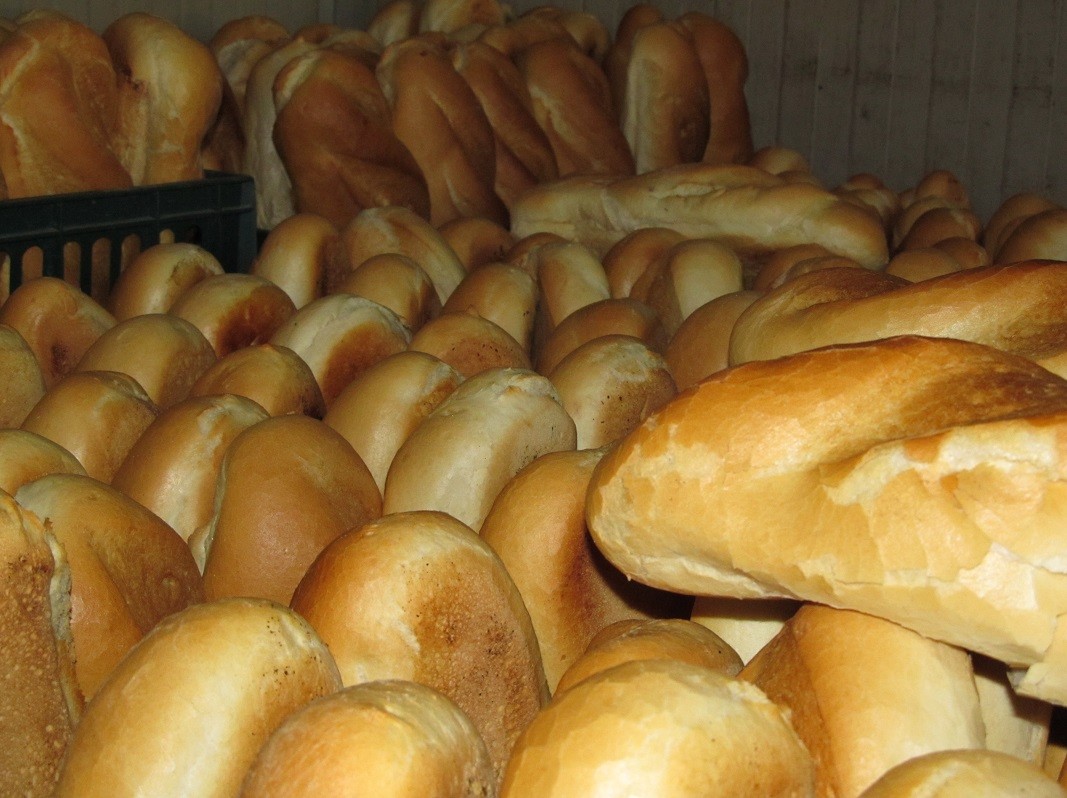Wheat harvesting is almost finished for this year and due to the climate conditions, the expected harvest in Bulgaria will be 1.5 million tonnes less than the previous year. A logical question that we can ask ourselves in this instance is whether bread will become more expensive.
4.5 million tonnes is the expected quantity of produced wheat with 6 million tonnes for last year. This is depicted by the balance sheet of the already harvested wheat, amounting to 95% of the total.

“The poor yield is preoccupying, but it will mostly influence the export quantities since Bulgaria exports around ¾ of its produce,” says Mariana Kukusheva, chairperson of the National Branch Union of Bakers and Confectioners in an interview for BNR’s regional station in Shumen. “When it comes to internal consumption, which needs 1 million tonnes of wheat for the production of bread, pastry and confectionery, I do not believe that we should have any trouble. The wheat with best bakery quality stays in Bulgaria as a rule.”
Due to the UN-issued warning that a shortage of fundamental food products is expected, the stock exchange price of wheat is moving up.

“I am unable to give a prognosis of bread prices, first because every baker and producer creates their own value and, second, since we cannot comment on the future prices of such an important food product,” adds Mariana Kukusheva. “The market is the most correct regulator of the balance between demand and supply. It is still too early to talk about prices since we work with our harvest from last year. Usage of the new yield will begin in October. Until then, we will see what will happen to petrol and electricity prices, since they influence the bread production price.”
Mariana Kukusheva points out that the price of a loaf of bread is made up of around 35% to 40% human labour. Currently, all additional expenses related to the introduction of the extraordinary work conditions due to the epidemic are paid by producers. However, since the crisis has started, bakers have not left a single consumer without bread, even in the most remote of places. Are there, however, any bankrupt companies?
“Small bakeries and family pastry shops were closed for a significantly long period, those located in major cities at that,” Mariana Kukusheva responds. “Right now, they are all open again. Yet, announcing a bankruptcy is a complex procedure which goes through the court. For now, we have no information on bankrupted members of our organization, which represents 93% of all the businesses related to bakery and confectionery.”
In contrast to the honest bakers and producers, the grey market has not suffered from the crisis.

“I even believe that the grey market is working rather comfortably since control has been substantially degraded,” explains Mariana Kukusheva. “We are entrusting our hopes for fighting the grey sector onto the new FoodLaw.”
The members of the National Branch Union of Bakers and Confectioners are hoping that numerous grey market profits will come out to light. “But for this, a superior governmental control is needed,” the union’s chairperson highlights. The branch representatives are expecting that the normative system of putting the Food Law to practice will be put out for public discussion very soon.
English version Boris Totchev
Photos: BGNES
Without compensation for the price of electricity, companies will be uncompetitive, said Vasil Velev of the Bulgarian Industrial Capital Association (BICA) at a press conference held jointly with trade unions. Those who cannot pass on the increase in..
Bulgarian exports are expected to grow by 5.8% annually after Bulgaria joins the eurozone. Trade in goods could increase by 3.3%, and in the services sector, growth might reach 8.4%. This is predicted by an analysis by the trade credit insurance..
In 11 district cities in Bulgaria, 1 square meter of residential space costs under EUR 1,000. In 13 district cities, the price ranges from EUR 1,000 to EUR 1,400. In Sofia and Varna, 1 square meter of residential space costs EUR 2,400, National Real..
In 2024, the average gross annual salary in Bulgaria is 27,881 BGN (EUR 14,255), according to preliminary data from the National Statistical Institute...
Bulgaria has favorable climatic conditions for producing electricity from the su n, even in the transitional seasons of spring and autumn. One of the..

+359 2 9336 661
